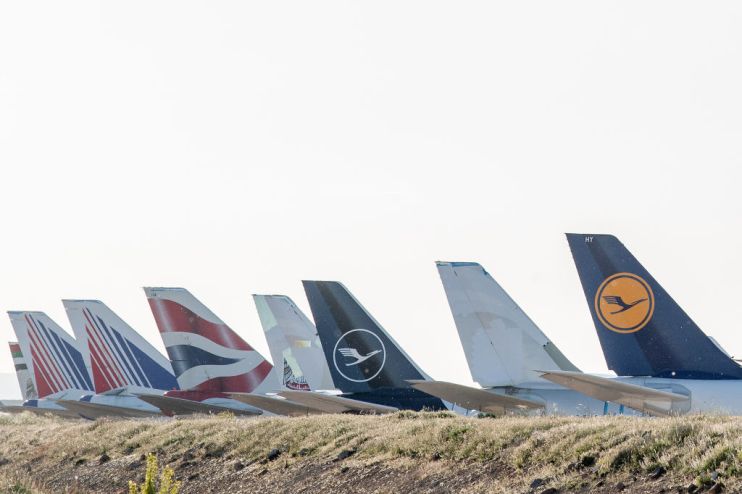World’s airlines face losses of nearly $50bn in 2021, IATA warns

Global aviation body the International Air Transport Association (IATA) today warned that the world’s airlines could be facing combined losses of $47.7bn (£34.3bn) in 2021 due to Covid-19.
Planes remain grounded around the world as travel restrictions continue to limit flying to a mere fraction of pre-pandemic levels.
Although such a loss is a huge improvement on 2020’s eye-watering $126bn sum, governments will still need to provide wage support to airlines as a result.
Former British Airways owner IAG boss Willie Walsh, who now heads IATA, said: “This crisis is longer and deeper than anyone could have expected. Losses will be reduced from 2020, but the pain of the crisis increases.”
The loss estimate came as the body also reduced its forecast for passenger numbers and distance flown in 2021 to 43 per cent of 2019’s levels, down from a previous estimate of 51 per cent.
For the first two months of the year, passenger numbers were down 86.6 per cent, IATA said.
The strongest recovery is expected in domestic travel, where IATA said traffic could hit 96 per cent of pre-crisis levels in the second half of the year, a 48 per cent improvement on 2020 performance.
Before the Open: Get the jump on the markets with our early morning newsletter
But even with the rollout of vaccines around the world, international passenger numbers are expected to be just a third – 34 per cent – of 2019’s levels this year.
IATA urged governments to have plans in place to ensure the sector can restart immediately when the epidemiological situation allows for a re-opening of borders.
“Most governments have not yet provided clear indications of the benchmarks that they will use to safely give people back their travel freedom”, said Walsh.
“In the meantime, a significant portion of the $3.5 trillion in GDP and 88m jobs supported by aviation are at risk. Effectively restarting aviation will energise the travel and tourism sectors and the wider economy.
“With the virus becoming endemic, learning to safely live, work and travel with it is critical. That means governments must turn their focus to risk management to protect livelihoods as well as lives.”